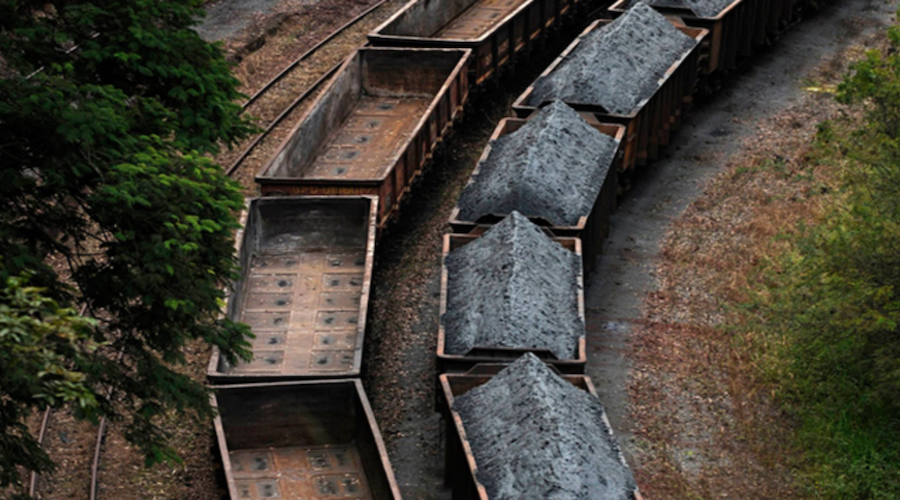
Brazil’s Vale SA, the world’s largest miner of iron ore, is considering producing a type of iron with lower carbon emissions if the price of natural gas needed to produce it falls significantly, three sources with the company said on Thursday.
The company is interested in making “hot briquetted iron” (HBI) if the price of gas falls to $4 per million British thermal units (mmBtu), according to the three people, who requested anonymity. That would be roughly 60% lower than the current market price.
HBI fetches $250-$300 per tonne on the global market, more than three times the price of iron ore
Brazil is in the midst of overhauling its natural gas sector, reducing state-owned Petroleo Brasileiro SA’s dominance of the market amid other measures to increase competition and reduce the price of gas.
HBI fetches $250-$300 per tonne on the global market, more than three times the price of iron ore, helped by demand from countries around the world striving to cut greenhouse gas emissions to curb climate change.
The product is a compacted brick of 93% iron with low levels of contaminants. It eliminates the need to use coking coal, a major source of greenhouse gas emissions and other pollutants, when processing the briquette into steel. Steelmakers are responsible for an estimated 9% of global carbon emissions, according to a Vale investor presentation disclosed in an exchange filing on Wednesday.
That would enhance Vale’s existing advantage from the higher-than-average purity of its iron ore, which already produces fewer emissions than lower-grade ores.
“Vale is interested in building HBI plants,” one of the people said. “But the price of gas has to be drastically reduced.”
The exact model for producing HBI is still under discussion, and is not yet in the company’s investment plan, the person said.
Other than iron ore, natural gas is the main input required in making HBI. Its production is so far restricted to locations, such as the Middle East, where gas prices are low.
Brazil Economy Minister Paulo Guedes said the government’s reforms to the gas sector aim to deliver a “cheap energy shock” to feed Brazil’s growth, saying that gas prices could be reduced by up to 50%.
Gas prices could also come down as Brazil ramps up output of its massive “pre-salt” offshore oil find.
If Vale goes forward with HBI production, it could produce about 20 million tonnes of the material per year, accounting for about 5% of its planned future iron ore production.
Production could begin starting in the middle of the next decade, the source said.
(By Roberto Samora and Jake Spring; Editing by Tom Hogue)
Comments